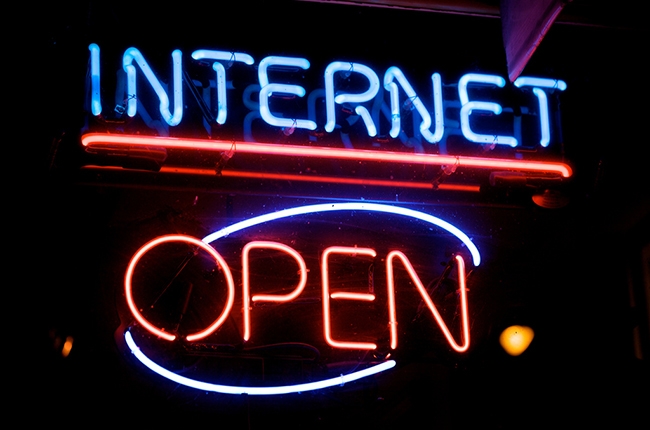The internet is cool. We all love it. Since its birth as an information distribution system for scientists in 1989 (Click Here -- the world's first URL) the internet has grown into a vast source of knowledge, entertainment, social interaction, and cats dressed as Star Wars characters.
Point being, the internet is great the way that it is. It's provided by internet and cable companies and every website is treated with neutrality in terms of speed. These things may change very, very soon.
Net neutrality is the idea that each and every piece of data on the internet, whether it be a scientific research study on global warming for people to ignore or the aforementioned cats dressed as Darth Vader and Princess Leia, should be treated equally by internet service providers in terms of speed. A customer should be able to to load a blog of Harry Potter fan fiction as quickly as another customer should be able to load Facebook.
This Thursday, May 16th, congress will officially review a proposal that could demolish that principle, allowing internet service providers to diminish net neutrality. In theory, if a company supports a political candidate, they would have the power to make his or her opponent's website load at .01% the speed.
Since the introduction of the proposal, there has been a fierce public outcry. This has influenced its creator, Tom Wheeler, chairman of the Federal Communications Commission (FCC), to backpedal. He claims to be in the process of revising some of the language that would allow service providers to diminish net neutrality and split websites into what are being referred to as "fast lanes" and "slow lanes".
While the original draft was allegedly written to relieve pressure for bloated internet providers, its lack of clarity certainly brings reasonable skepticism to the table, even with the promise of revision. The American people have become accustomed to having an endless source of knowledge and cute animals at quick disposal, and will likely not meet this proposal with open arms no matter how many revisions it goes through.




